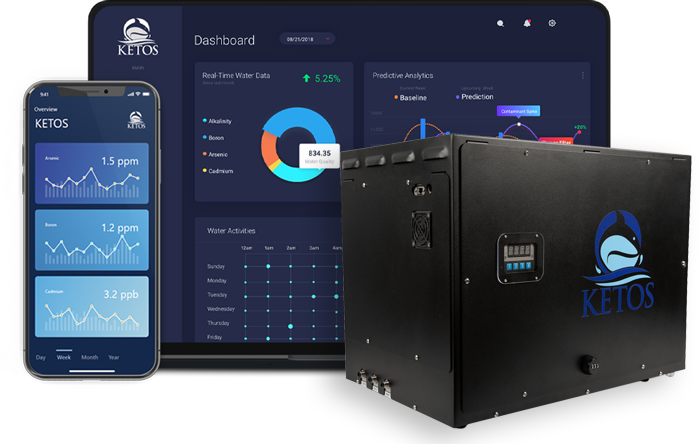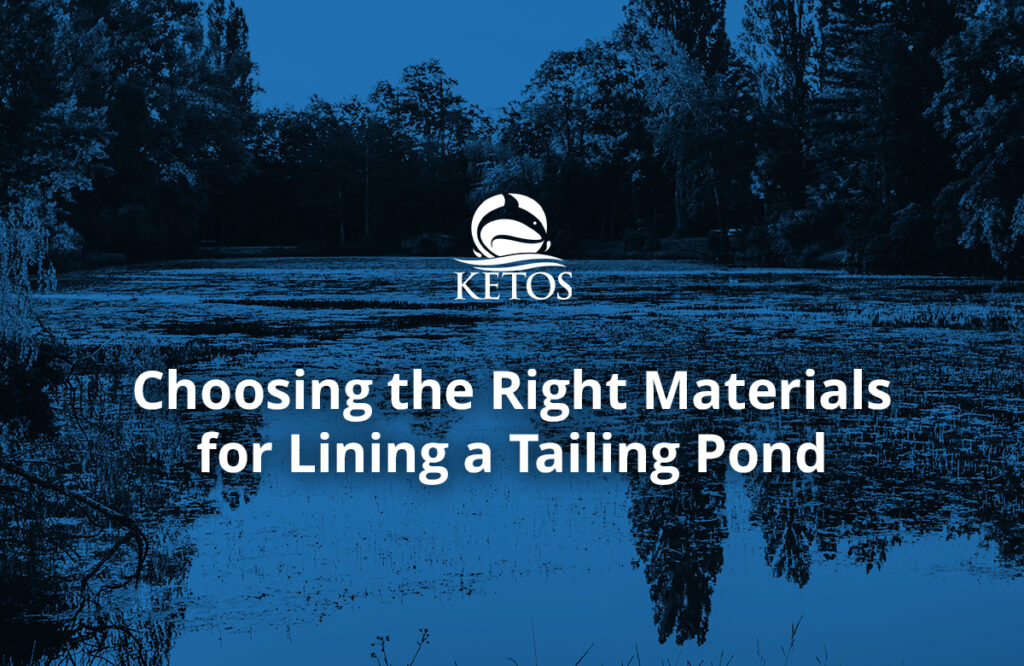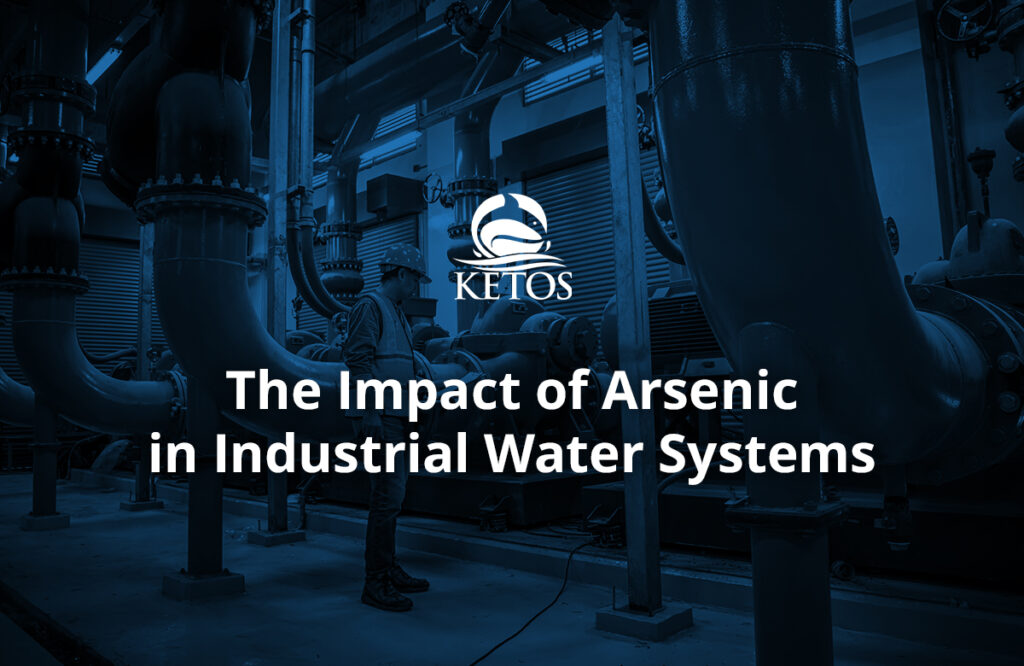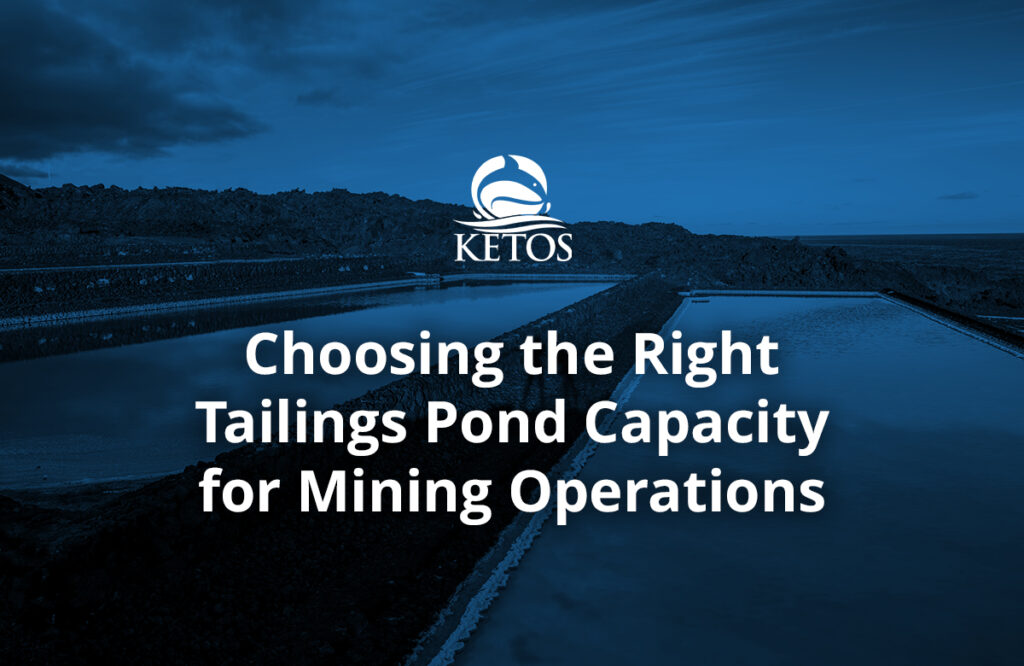The pharmaceutical and biotechnology industries have made significant strides in embracing sustainability, with a particular focus on water stewardship. Given that water is an essential resource for manufacturing and product development, it makes sense that they would focus so heavily on ensuring the safety and availability of water resources. And, as the world faces increasing water scarcity, the industry must address its impact on water to ensure seamless operations while minimizing environmental harm.
Water Management for Pharmaceuticals and Biotech
Water management is paramount in the pharmaceutical and biotechnology sectors because water is essential in nearly every production stage. These industries consume vast amounts of water for various processes, from drug formulation and cooling to equipment cleaning.
According to estimates, the pharmaceutical industry alone uses 23% of the world’s supply of water annually. In addition, the OECD Environmental Outlook to 2050 estimates that water demand across the manufacturing industry will increase +/-400% between 2000 and 2050. This level of consumption will likely be unsustainable if such growth happens alongside already compounding water availability issues as climate change disrupts global water patterns.
Water Quality Parameters That Concern Pharmaceutical and Biotech Companies
In the pharmaceutical and biotechnology sectors, water quality directly influences product safety. The industries also face strict compliance and regulatory scrutiny. Falling short of the highest quality in product manufacturing can lead to several issues, including legal fallout and damage to consumer trust. Key water quality parameters that concern these industries include:
- Purity levels: Pharmaceuticals require ultra-pure water for drug formulation, as impurities can compromise product efficacy and safety.
- pH levels: Ensuring the correct pH is critical to prevent chemical reactions that could alter drug formulations.
- Microbial content: High microbial levels can contaminate products, leading to potential health risks and costly recalls.
- Contaminants and residues: Controlling contaminants, such as heavy metals (lead, arsenic, cadmium, mercury, etc.) and pharmaceutical residues, is essential for both product quality and environmental safety.
Maintaining these parameters helps companies adhere to regulations and protect public health.
Pharma and Biotech Water Consumption
Pharmaceutical and biotechnology companies use water at various stages of production, from the synthesis of active pharmaceutical ingredients (APIs) to cleaning and cooling processes. Water is also used in substantial quantities for waste treatment and effluent management. For example, cooling systems in manufacturing facilities consume large amounts of water, often accounting for the large quantity needed for a facility’s total water use. While the industry consumes large quantities of water, it also consumes large amounts of energy to produce the various grades needed to fuel production.
Leading Brands in Biotech and Pharmaceuticals and Their Water Stewardship Commitments
Many multinational pharmaceutical and biotech companies are stepping up their water stewardship efforts, reducing consumption, improving water quality, and enhancing operational efficiency. The reason is twofold: by becoming more efficient in usage, they can drive down water treatment and usage costs. More importantly, they can reduce overall usage to make their production efforts much more sustainable in the long term. While ESG may be a buzzword in the industry, a few notable brands are putting water stewardship and sustainability initiatives front and center – and have long-term plans to continue lowering their water footprint.
Merck
Merck’s water stewardship goals ensure that wastewater discharges meet or exceed local, national, and internal standards. The company is committed to understanding and controlling its operational water footprint, managing water risks in its facilities and supply chain, and reporting on water use and goals. By 2025, Merck aims to maintain global water use at or below its 2015 levels, demonstrating a solid commitment to water sustainability.
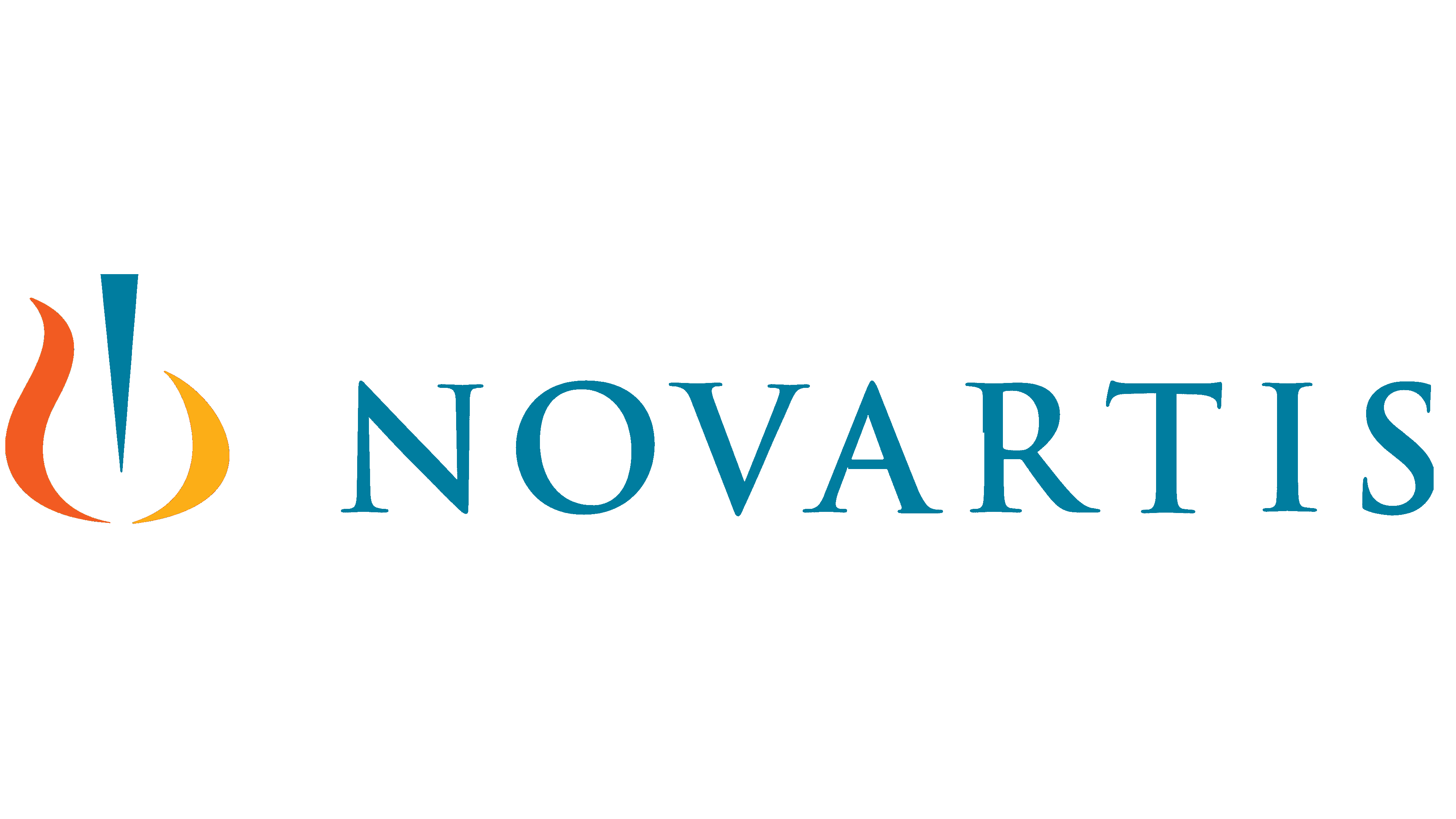
Novartis
Novartis is working to reduce water consumption by 50% against a 2016 baseline, with no negative impacts on water quality from its manufacturing effluents. By 2030, the company aims to be water-neutral across all operations, actively enhancing water quality wherever it operates.

Sanofi
Sanofi’s water stewardship strategy includes implementing efficient strategies to limit contaminants in effluents from manufacturing activities. By 2025, the company plans to have water efficiency management plans at priority sites and dedicated programs at all manufacturing sites to monitor, manage, and reduce the environmental impact of its medicines. By 2030, Sanofi aims to reduce global water withdrawals by 15% compared to a 2019 baseline and implement water stewardship plans across all manufacturing sites.
Bayer
Bayer’s water goals include developing a methodology to integrate water quality and quantity into business decisions and processes by 2024. By 2030, the company plans to improve water use per kilogram of crop by 25% and build upon existing water management systems to optimize use at sites in water-scarce regions. Bayer is also committed to providing safe drinking water and sanitation for all employees at its sites and reducing emissions by 42% by 2030.
How KETOS Helps Biotech and Pharmaceuticals Manage Their Water
Biotech and pharmaceutical companies already need the highest water quality. Without carefully managed water, organizations can’t control quality, leading to lost batches and expensive compliance violations. As the water industry continues to move towards digital transformation, these organizations don’t just get to adopt more accurate, consistent monitoring – they can also more easily build sustainability into their processes.
This doesn’t have to come with a high price tag. KETOS works with organizations throughout the pharmaceutical and biotech industries to help monitor water quality on various fronts to better protect their operations and efficiently use water to help them meet their sustainability goals.
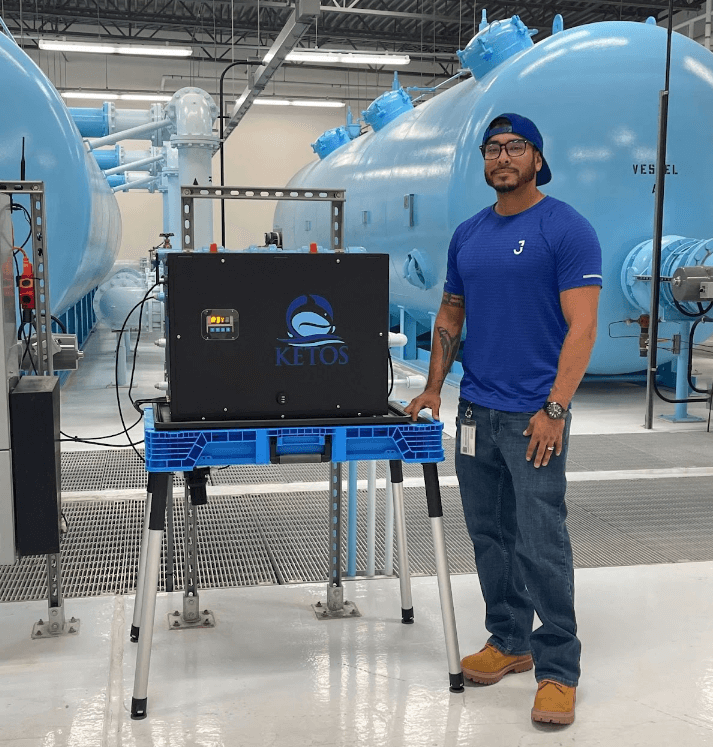 Innovations in municipal water monitoring.
Innovations in municipal water monitoring.With KETOS, biotech and pharmaceutical manufacturers benefit from:
- Real-time, 24/7 autonomous water quality monitoring
- Choice of what to test (capabilities across 35+ parameters)
- Threshold-based alerts
- IoT sensors and lab-accurate readings
- Comprehensive reporting for easier compliance transparency
- A plug-and-play setup and modular design for seamless integrations
- No upfront CAPEX expenses and a low monthly cost
- Zero maintenance and equipment costs
By leveraging KETOS SHIELD technology, biotech and pharma companies have increased their savings, reduced their water usage, reached a higher level of compliance, and significantly reduced carbon output for their customers.
Conclusion
Water management is critical to the sustainability of the pharmaceutical and biotechnology industries. By adopting water stewardship practices, companies like Merck, Novartis, Sanofi, and Bayer are making a significant impact on reducing water consumption and improving water quality. As more companies recognize the importance of water stewardship, KETOS stands ready to support them with innovative water management solutions that drive sustainability and operational efficiency.
